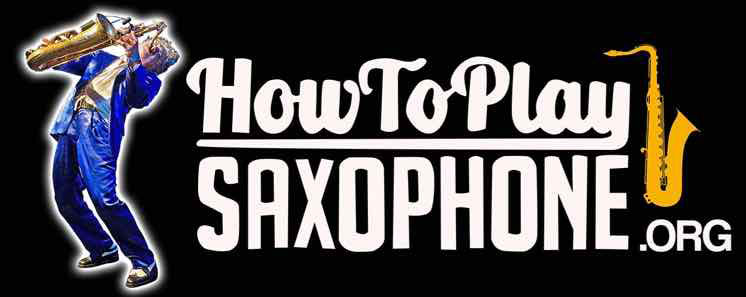Home Alt › Forums › Repertoire › Night Train
- This topic is empty.
-
AuthorPosts
-
March 7, 2013 at 5:35 am #9157
Hey everyone,
I just thought I share a little something
That helps me when I’m practicing, I’m currently working
On Night Train while I still haven’t mastered it I found the
Third phrase quite difficult so I put down the sax and moved
To my keyboard and transposed it down to A flat while playing in B flat
This keeps me in concert pitch of A flat
So this enables be to play the notes that I actually play on the sax.
I also find that I catch on much quicker when I’m lookin at the keys
I seem to retain it much easier than I would if playing the sax,
So after twenty minutes or so I was playing the third phrase quite well on the keys
And got a feel as to how it should sound, so when I get home
This evening I’ll try and transfer it on to the sax.
Just thought I’d share if it might help any others.Cheers. Fergus
March 7, 2013 at 7:54 am #10778Hey Fergus,
Great advice. I mentioned in one of my posts that I’ve been doing the same thing with Take Five. I found two tutorials on YouTube for piano and guitar versions. I wrote the notes out on a sheet of paper as Bb, Eb, etc. and as phrases. I was then able to play it on the guitar in Eb. Once I had a handle on it, I simply moved from the 13th (Eb) fret down to the 8th fret (C) and played it in the key for alto sax (C). Then I was able to visualize the notes as they are written on the sheet music. Then I picked up my alto and tried to play it. I now have a very good understanding of the tune but I’m a long way from playing it well. But I can play a little more today then I could yesterday and so it goes. The problem with being a guitar player is that one can get lazy. If I were playing Kansas City in E concert and someone wanted to change the key to A concert, it’s not a problem. I would just move five frets up the neck. I could play the same pattern without even knowing what the scale notes were. It’s a whole different ball game with the sax I’m finding. I have to learn the scales, learn to read music, and I have to deal with the octave key, for starters. It’s challenging but I like it.Regards,
JimMarch 7, 2013 at 8:27 am #10779I think there’s an advantage to that. Keyboard was my first instrument and I envision scales, patterns etc on the keyboard even when playing the sax. Also makes intervals easier to see and understand, actually music theory in general. When I studied music in university everyone had to take piano whether it was your main instrument or not so I think there’s a lot to be said for what you bring up.
May 21, 2014 at 5:24 am #12030Hello! I was wondering about the chart for Night Train. Is it written for Alto or Tenor?
I like the idea of transposing to a lower key as the chart on the website is a bit too high for me as a newbie. Any suggestions as to what key would be more suitable key for a beginner?Thank you!
JefMay 21, 2014 at 8:37 am #12031It’s written for both. I changed the audio backing track keys so that if you play alto you will need to use the alto backing track, if you play tenor you use the tenor backing track, but either one uses that same sheet music for this reason…
This is the original key and it should be played in this key because it utilizes the low Bb note at the end of the phrase. It needs to have that low Bb honking/barking sound to be most effective and low Bb is the best note for that.
Your simple solution is to play the first high part an octave lower (at least until you can hit those high notes).
Then you’ll be ok for the next part because it’s in the middle range.Johnny
May 21, 2014 at 9:29 am #12032Thanks you so much! And thank you for imparting your knowledge and experience with us!
-
AuthorPosts
- You must be logged in to reply to this topic.
